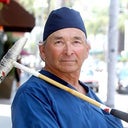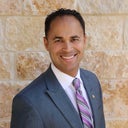Why Can't I Have an Early Rhinoplasty Revision?
I had Rhinoplasty overseas, and asked the surgeon to minimize my tip about 2-3mm, to soften my look. When I woke up and the splint was removed, I noticed he gave me more than what I asked for. He took half my nose, left me with a bulbous tip, short nose deformity, and a pig snout! Since then, I've been depressed, confined myself at home, and just feel violated and very unnatural looking. I can't look at myself in the mirror anymore. I've asked for second opinions, and surgeons want me to wait from 6 months to a year. I don't understand WHY; my nose is not getting any longer in 6 months, that's very clear. I understand the healing process takes up to a year, but why prolong my misery when swelling clearly isn't going to resolve my nose issues?










